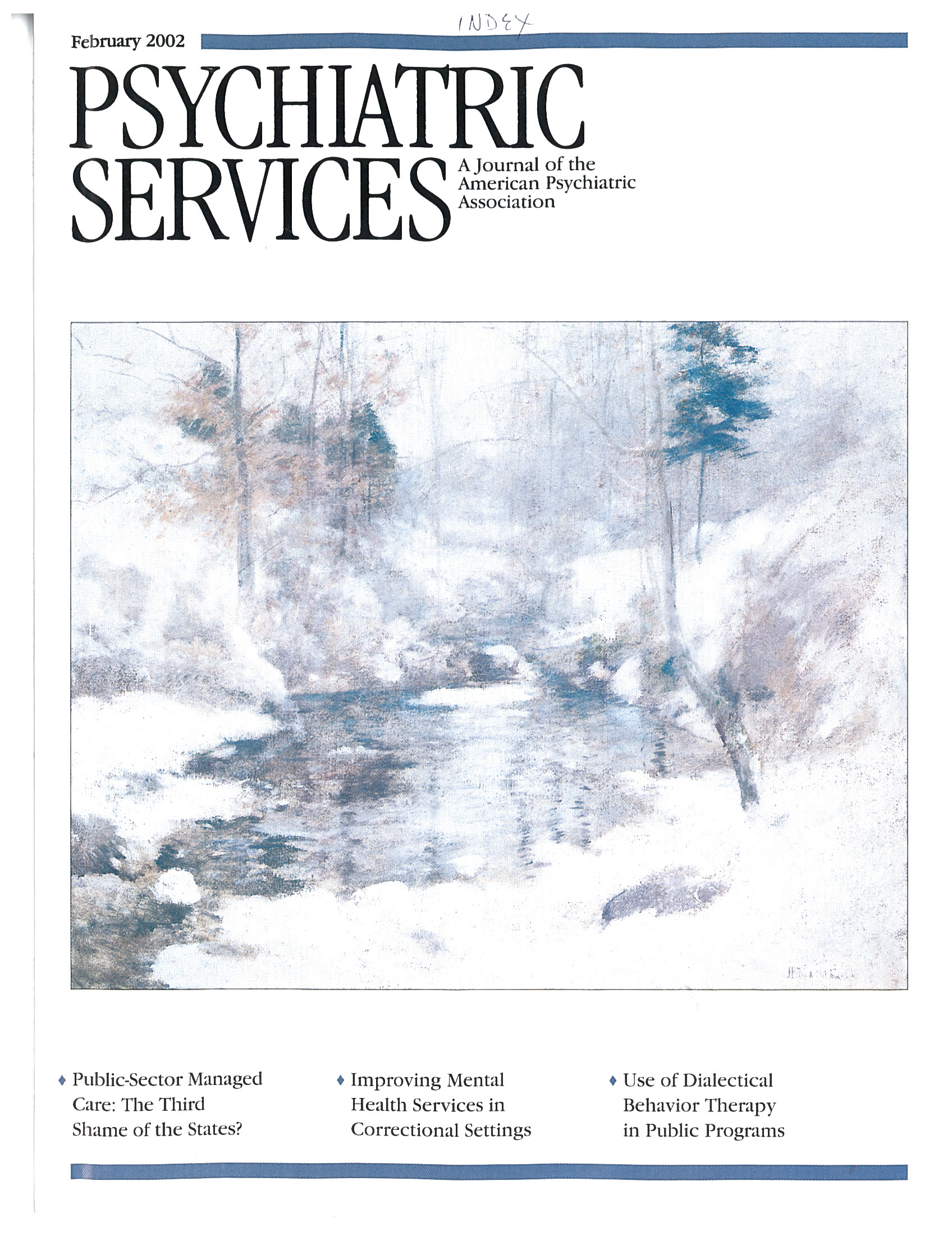This thoughtful volume appears to be animated by a concern about how the spread of the idea of evidence-based medicine will affect the credibility of qualitative research in the health care professions. This concern is not unwarranted. Although qualitative research has earned a central place in many of the social sciences and has played a major role in the development of research in academic nursing, its application in medicine has been marginal. Even in psychiatry and family medicine, the two areas of medicine in which qualitative research has had the greatest role, its advocates often seem to be prophets crying out in the wilderness.
At the same time, evidence-based medicine, led by the Cochrane Collaboration, has established the clinical trial as the gold standard for evidence in medicine. The Nature of Qualitative Evidence does not suggest that qualitative inquiry is a better way of assessing the effectiveness of medical interventions than clinical trials. What it does suggest is that there is a great deal that health care professionals need to know that cannot be answered by clinical trials. This is true even about the utility of a given medication. However effective a medication might be, the patient must actually take it for it to work. Whatever the benefits a particular medication provides, if it causes impotence in a young man who is involved in a love affair, the chances of its being effective are not very good.
The authors of the papers in this volume present a variety of elegant arguments for the use of qualitative methods in health care research. The reader looking for justifications for conducting qualitative research will find many approaches to choose from. Many of these arguments can be summed up as saying that health care professionals and their patients do not act solely in a physical environment. They also act in an environment of symbolic meaning. The effects that occur in this environment are every bit as important in medical practice as physical effects. Although social scientists have made considerable effort to quantify this environment, there are many reasons to believe that qualitative methods are essential.
Although the reader will not find in this volume a comprehensive guide to actually doing qualitative research, several chapters do provide interesting information about research methods. The authors of a chapter on community-based research persuasively describe the benefits of such unusual data collection techniques as appointing a community advisory board to draft a mission statement and a code of research ethics. In another chapter, in a discussion of validation, the authors describe techniques that the casual reader might not think of as part of qualitative approaches to data, such as the use of multiple methods, interrater reliability, computer-assisted data analysis, member checks, and audit trails. Here and elsewhere in this text, the authors hold qualitative researchers to standards that are every bit as rigorous in their own ways as those used in clinical trials.
While The Nature of Qualitative Evidence is generally interesting, some contributions assume previous knowledge that not all readers will possess. A novice or a specialist with limited training in methodology might find the arguments compelling but may not yet have acquired the conceptual framework that would make them more meaningful. However, the trained researcher will find this book to contain new and creative thoughts about the utility and applicability of qualitative approaches to medical research.

